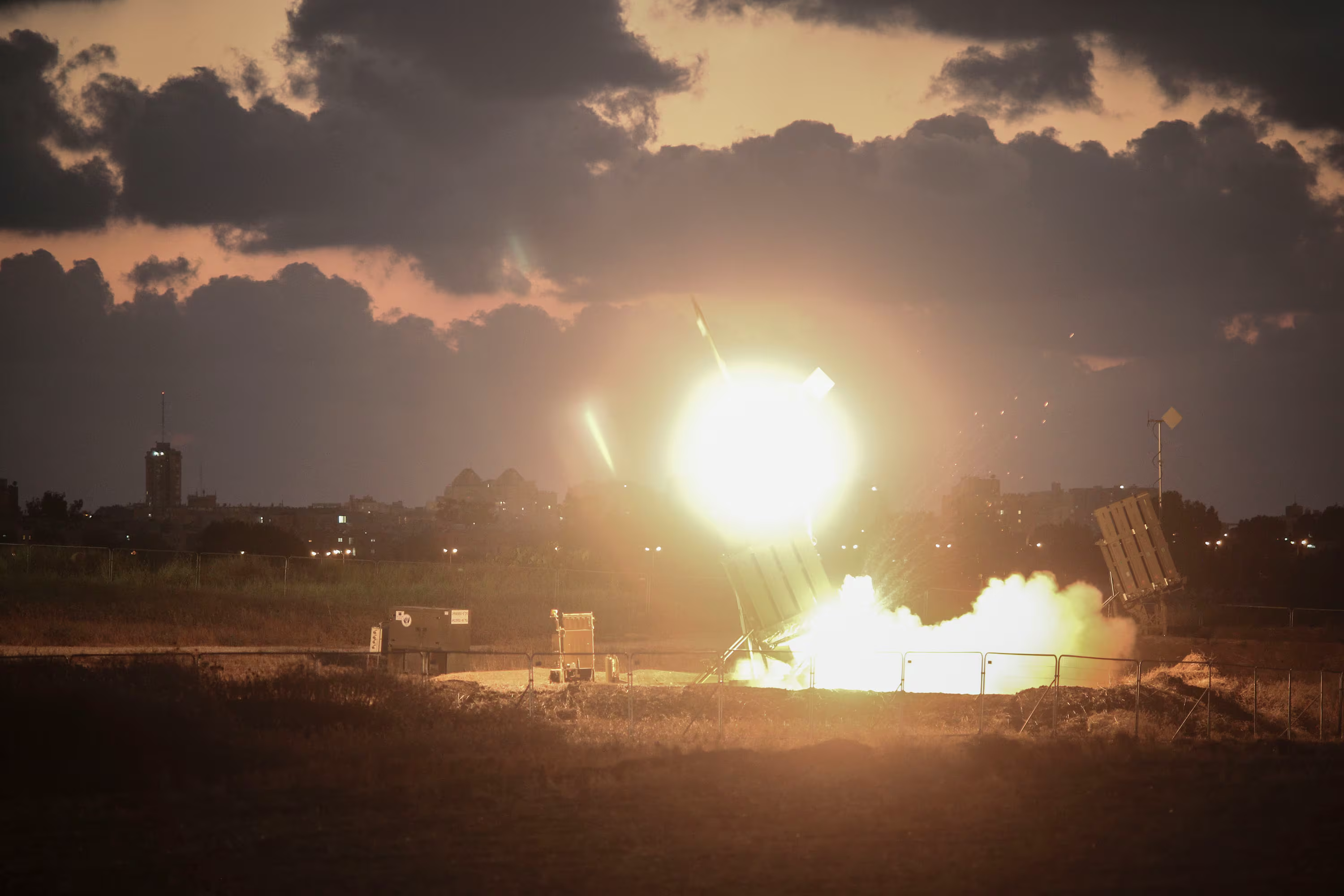TEL AVIV, Israel — A target missile that “was not conforming to safety parameters” forced program officials in Israel to terminate Monday morning’s planned test of the Arrow-3 prior to launch of the exo-atmospheric intercepting missile.
“Shortly after the target was launched, it started behaving in a way that was not conforming to safety parameters determined in advance and we were forced to declare a ‘no test,’ ” said Moshe Patel, director of the Israel Missile Defense Organization at Israel’s Defense Ministry.
Patel said engineers were evaluating data to determine why the target — an upgraded version of the Sparrow family of air-launched missiles built by Rafael — did not perform as expected. Once that data is analyzed, he said, program officials could begin planning a retest.
Boaz Levy, executive vice president for state-owned Israel Aerospace Industries — the prime contractor for the Arrow intercepting program — insisted that the planned Dec. 4 intercept test was a developmental test aimed at validating new capabilities planned for future block versions of the Arrow-3. The declared “no-test,” he said, has no bearing on the operational capability of the Arrow weapon system or its continuously upgraded Arrow-2 and Arrow-3 intercepting missiles deployed by the Israeli Air Force.
“We were fully prepared for this test. In today’s case, the decision was made to abort the process even before the interceptor and all its supporting systems were activated,” Levy said. “We will learn all about what happened today and get prepared for the next test as quickly as possible.”
RELATED

Arrow-3 is Israel’s highest layer of a multitiered and intentionally overlapping network of active defenses against rockets and tactical ballistic missiles aimed at intercepting advanced, possibly nuclear-tipped threats hundreds of kilometers in space. Below Arrow-3 is the Arrow-2 designed to intercept threats very high in Earth’s atmosphere, followed by the David’s Sling weapon system, which was declared operational in April, and Iron Dome, a system that has been credited with more than 1,700 successful intercepts since first deployed in 2011.
RELATED

The Israeli Air Force declared Arrow-3 operational in January; and IAI, supported by its U.S. partner, Boeing, continues to provide serial-production interceptors to round out Israeli Air Force inventories.
Other contractors contributing to the jointly developed U.S.-Israel Arrow program include Elta, a subsidiary of IAI that produces the Super Green Pine radar; Elbit Systems, provider of the Citron Tree battle management system; Rafael; and IMI, which produces a critical booster stage of the Arrow intercepting missile.
A Dec. 4 announcement by Israel’s Defense Ministry noted that Monday morning’s planned test was part of a series of tests periodically conducted by Israel and the U.S. to continuously validate the nation’s multitiered defense network.
“The test was stopped at an early stage once it was discovered that the target launched did not meet the predetermined test standards,” according to the ministry. “Given this, on-site engineers declared a ‘no test.’ Test data is being collected and analyzed by engineers to continue Arrow-3 development.”
Opall-Rome is Israel bureau chief for Defense News. She has been covering U.S.-Israel strategic cooperation, Mideast security and missile defense since May 1988. She lives north of Tel Aviv. Visit her website at www.opall-rome.com.






